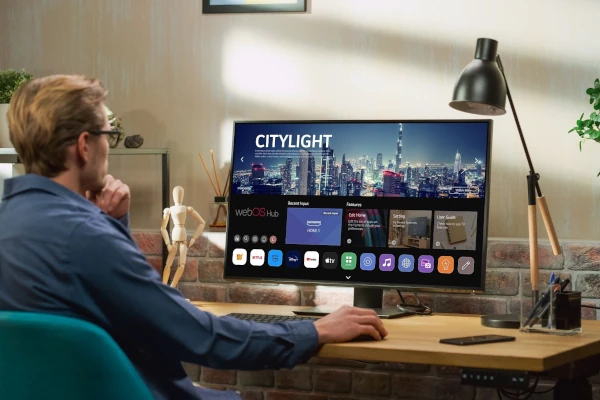Android 11 is here. Android 11’s focus involves three themes:
“People-centric approach to communication, Controls to let users quickly get to and control all of their smart devices and Privacy to give users more ways to control how data on devices is shared.”
Android 11 is currently available now for certain phones:
“Android 11 will begin rolling out today on select Pixel, OnePlus, Xiaomi, OPPO and realme phones, with more partners launching and upgrading devices over the coming months devices.”
As in Android 10, Android 11 source is being pushed to the Android Open Source Project (AOSP).
Three Themes
Under the people-centic theme, three unique features are described. Conversation notifications involve opening the conversation as a bubble, creating a conversation shortcut on the home screen, or setting a reminder.
Bubbles assists users to keep conversations in view and accessible while multitasking on their devices. Consolidated keyboard suggestions are convenient for users by allowing Autofill apps and Input Method Editors (IMEs) securely offer users context-specific entities and strings.
Controls are device controls used to access and control their connected devices by simply longpressing the the power button. Another control aspect is the Media Controls which are quick and convenient for users to switch the output device for their audio or video content, such as headphones, speakers or TV.
Privacy is enhanced through more control over sensitive permissions and more security through faster updates: Android 11 has improved privacy by redefining sensitive permissions and by keeping devices more secure. One-time permissions give an app access to the device microphone, camera, or location for one time only. Permissions can be changed for next time.
Background location requires more steps from the user beyond granting a runtime permission- foreground location must be asked for first. Permissions auto-reset involves an “auto-reset” all of the runtime permissions associated with the app and notify the user, if the app has not been used for some time.
Scoped storage offers better protection for app and user data on external storage. Google Play system updates
“doubled the number of updatable modules, including 12 new modules that will help improve privacy, security, and consistency for users and developers.”
A few security API’s have been emphasized in Android 11. BiometricPrompt API allows or permits sensitive parts of the app to be accessed based on required biometric authenticator strength.
Probably the most salient Android 11 addition is the Identity Credential API. This API will “unlock new use cases such as mobile drivers licences, National ID, and Digital ID.” In the Android 11 team’s own words:
“We’re working with various government agencies and industry partners to make sure that Android 11 is ready for digital-first identity experiences.”
5G, Screen Types and Call Screening
Android 11 addresses 5G support with “developer support to help you take advantage of the faster speeds and lower latency of 5G networks.” Included developer tools ensure detecting a 5G network connection, detecting a metered connection, estimating 5G connection bandwidth and 5G support in the Android Emulator.
Android 11 now adds support for new screen types and include new device screens such as hole-punch and waterfall screens. These screen types are managed using existing display cutout APIs.
A feature that most people will undoubtably appreciate is call screening support which can be used in call screening apps to manage robocalls:
“Apps can verify an incoming call’s STIR/SHAKEN status (standards that protect against caller ID spoofing) as part of the call details, and they can report a call rejection reason.”
Miscellaneous Features
Other miscellaneous Android 11 enhancements are OS resiliency, Synchronized IME transitions, HEIF animated drawables, Native image decoder, Low-latency video decoding in MediaCodec, Variable refresh rate, Dynamic resource loader and Neural Networks API (NNAPI) 1.3.
Neural Networks API (NNAPI) 1.3 expands Neural Networks API 1.2 from Android 10. Several API’s have been added including ones for priority and timeout, memory domains, and asynchronous command queue. New ops include “signed integer asymmetric quantization, branching and loops, and a hard-swish op that helps accelerate next-generation on-device vision models such as MobileNetV3.”
Lastly, Android 11 includes several developer advancements: App compatibility tools, app exit reasons, data access auditing, ADB Incremental and kotlin nullability annotations.
The Android 11 team is excited about the new and improved platform and are “looking forward to seeing your apps on Android 11!”




